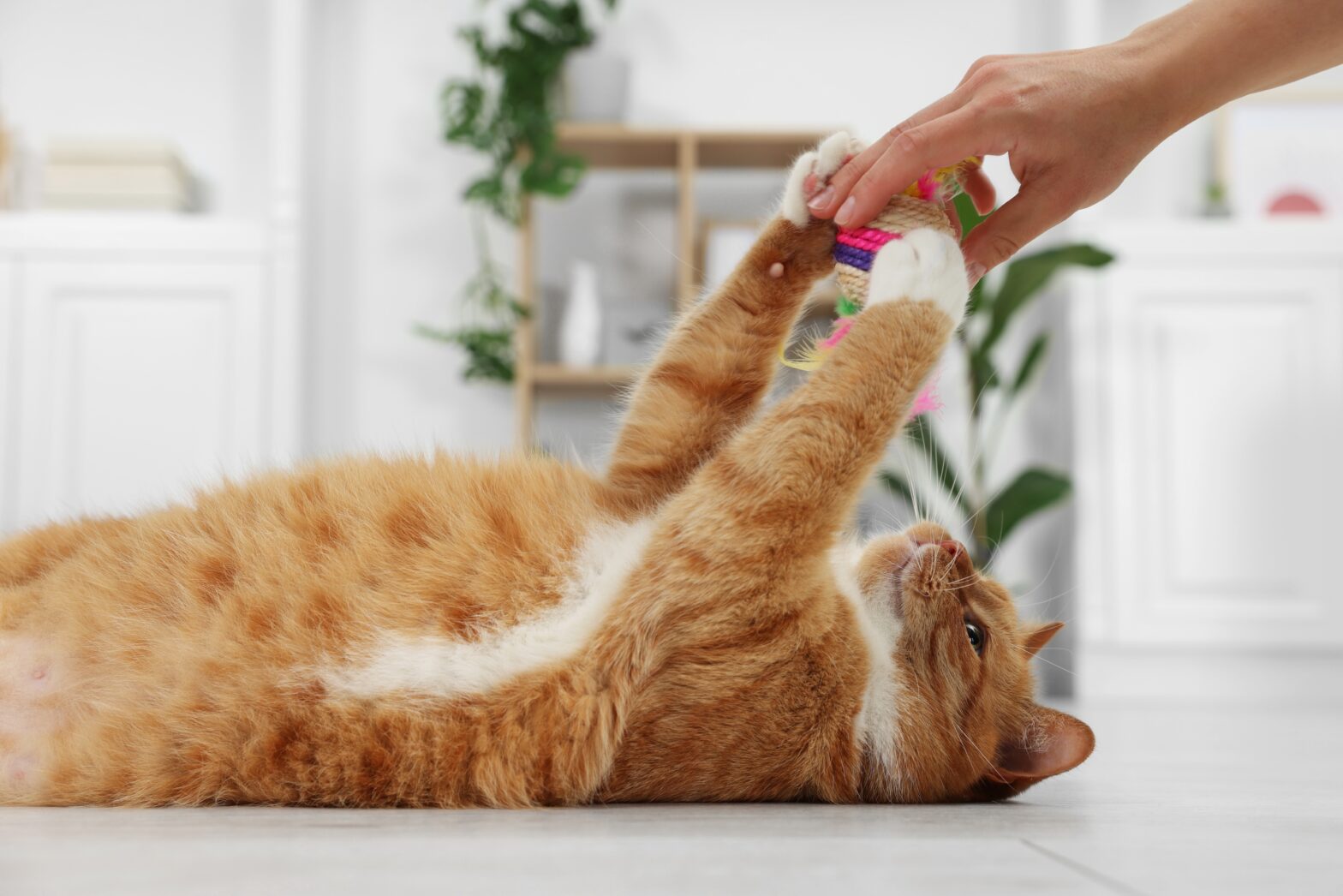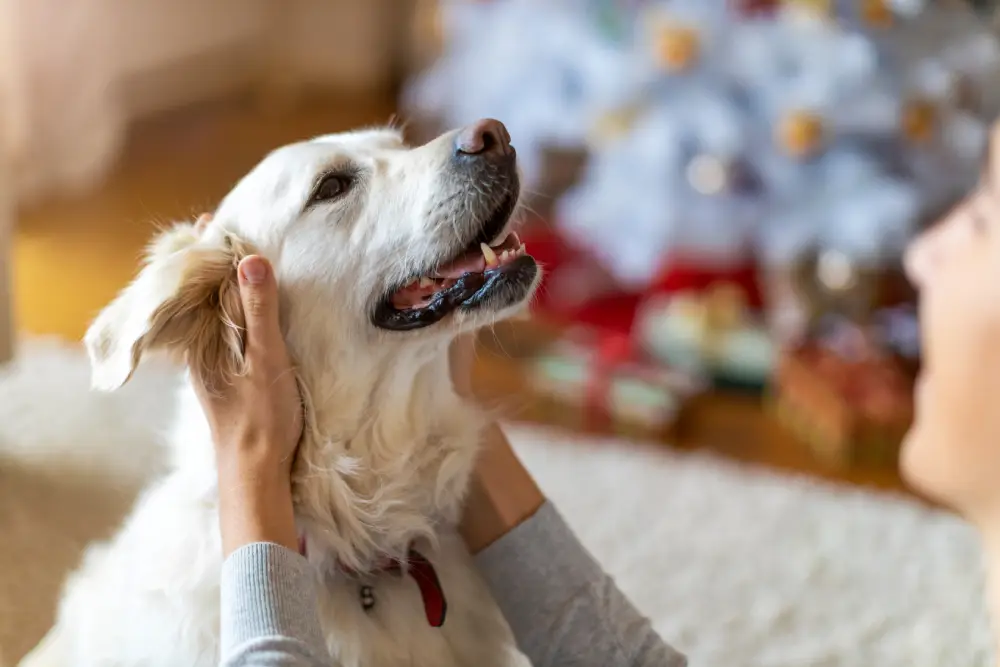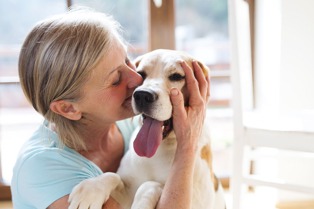
There are many important things you need to consider before you start looking to buy a dog, from finding out whether you and your family are ready, todiscovering which breed is best suited to your lifestyle. The decision to get a dog is not one that should be taken lightly, as it will have a huge impact on your home, lifestyle and your finances.
The first question you need to ask is not ‘what dog should I get’, but ‘am I ready to get a dog?’. A dog can be the most rewarding of pets, but also one of the most demanding. As an owner, your dog’s health, cost, training, socialisation and happiness will be your responsibility, so if you’re not sure you can provide care and attention for the entirety of the dog’s life, don’t get one. If you know you’re ready to get a dog, this handy guide contains all the information you need to find your new best friend.
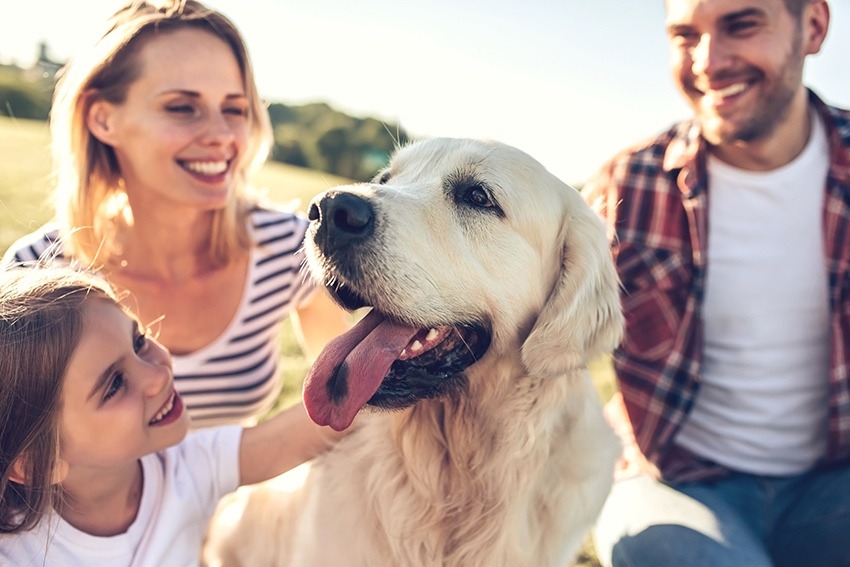
Which dog breed is right for me?
Each dog has its own characteristics and needs, so it can be difficult to decide which of the 218 pedigree breeds recognised by the Kennel Club is best for you. There are seven different breed groups: Gundog, Hound, Pastoral, Terrier, Toy, Utility and Working. If you consider your personality and lifestyle against each breed’s characteristics before buying, it’s more likely that you’ll have a happy and fulfilling relationship with your dog.
Do you need to choose from dog breeds that are good with children? If so, you may want to consider breeds in the Gundog group, as they are easy to train and have a calm temperament that makes them ideal all-round family dogs. Other dogs that are particularly suited to families due to their loyal and affectionate nature include Labradors, Boxers and Staffordshire Bull Terriers.
While all dogs are different, some breeds are better suited to cohabitation with other pets than others. For example, the breeds that are best suited with cats are those in the Toy group, as they are outgoing, affectionate and sociable. On the other hand, Terriers were bred to hunt and kill, so a moving cat could trigger their predatory instincts.
It’s important to keep in mind that these are generalisations and that most dog breeds can live calmly with children and other pets if they are socialised as puppies and are well-trained. Never leave your new dog alone with your children or pets until you are positive there won’t be any issues.
Another thing you need to consider when choosing a dog is their health, as there are some breeds in which certain conditions tend to surface more. For example, English Bulldogs are very prone to infectious diseases and hip dysplasia due to their heavy skin folds, while Rottweilers can suffer from epilepsy and osteochondrosis.
If you’re thinking of buying a flat-faced puppy, like a French Bulldog or Pug, it’s important that you know about the health issues that impact on some of these dogs, such as breathing difficulties and eye conditions.
While it’s impossible to predict which dog breed will live the longest or be the healthiest, there are certain breeds that have lower instances of genetic diseases and skin or coat conditions. Some of the healthiest dog breeds are Australian Cattle Dogs, Australian Shepherds, Border Collies, Siberian Huskies, Beagles and Basenjis.

Pedigree or Crossbreed?
While all pedigree dogs carry a breed standard that describes their likely character and health needs, crossbreed dogs often display a mixture of their ancestors’ traits. A crossbreed dog has purebred parents of different breeds and are sometimes favoured due to their lower risk of developing hereditary diseases.
However, it can be difficult to predict the temperament and size of a crossbreed dog. If the dog comes from a specialist breeder, these predictions are easier to make as the breed and characteristics of the parents will be known. Examples of popular crossbreeds are Labradoodles, Cockapoos, Schnoodles and Puggles.
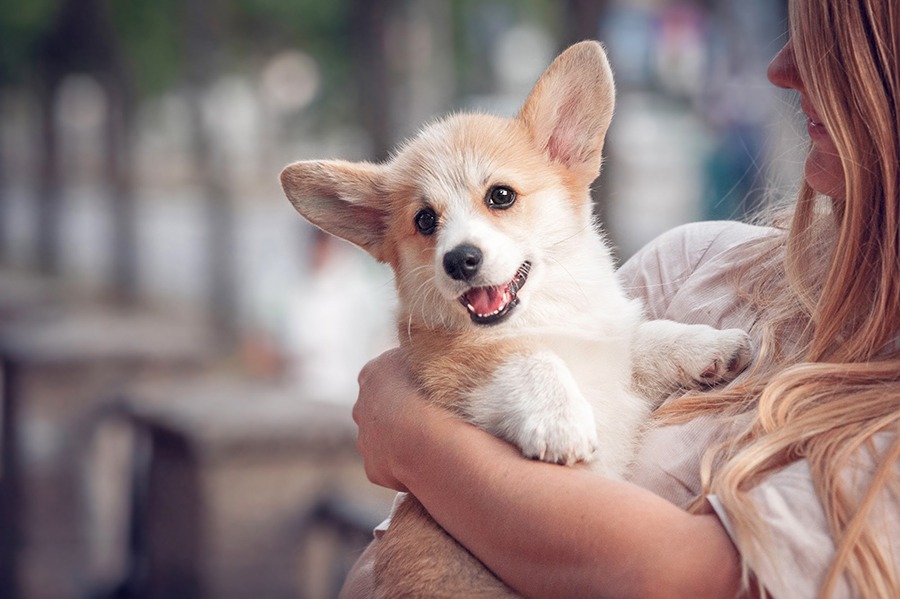
You can also get a mongrel, which is a dog that is not definable by type or breed. Mongrels are a result of generations of crossbreeding different dog breeds and their heritage is unknown, meaning they have not been selectively bred for specific traits. Their unpredictable nature and random breeding mean you will have a unique, limited edition dog, but it does make their behaviour and temperament difficult to predict.
Whichever breed you choose, it’s important that you provide the best care for your dog. Make sure they have a protected and clean living environment, a quality diet, veterinary care, ample opportunities to exercise, dental care, a grooming regime and access to fresh water.
Should I get a male or female dog?
The behaviour of a dog will depend on how it is raised and trained as a puppy, but gender can dictate its ability to learn from that training. Some people believe that a male dog is more affectionate and easier to train, while the female is more aggressive and protective of its owners and puppies. However, the female tends to be smaller in size and reach maturity earlier than the male, so it’s often easier to discipline a female dog.
To make your dog easier to train, you should consider having it neutered or spayed. Spaying has been shown to lower the risk of ovarian or uterine diseases in most female dogs and is believed to have positive effects on their temperament. The non-neutered male tends to be dominant and high-spirited, with an innate urge to command other smaller dogs and sometimes his owner.
If you are looking for a family dog, it is best to neuter the male while it’s young to mellow its behaviour and make training easier. The recommended spay/neuter age is six to nine months, although it is quite common for surgery to take place at four months old.
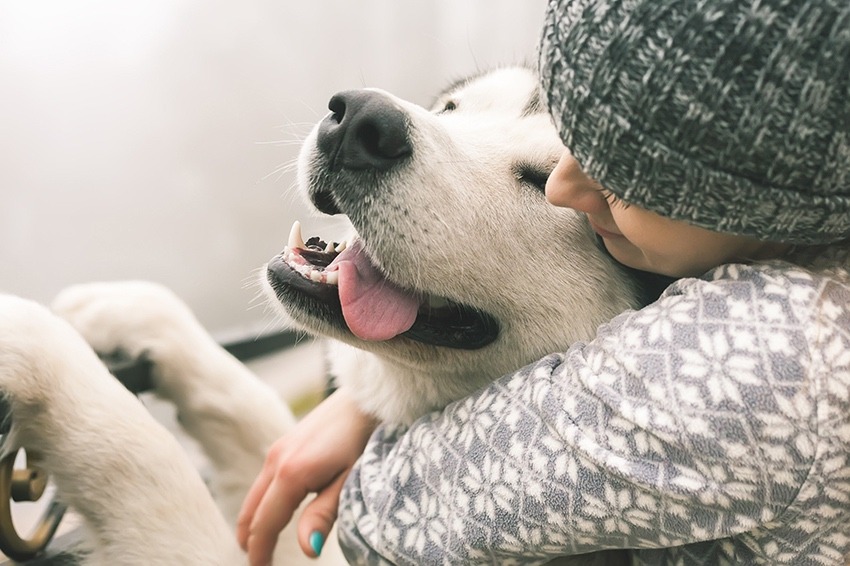
Where should I get my dog?
There are lots of ways to get a dog, the most rewarding of which is adopting from a shelter. Every year, six to eight million dogs are sent to shelters, waiting to be given another chance at life. Many owners who adopt form a special bond with their dog and find them to be very loyal and affectionate, and allow the shelter the room to accommodate another dog in need. Most dogs in shelters are adult dogs, so if you’re looking to buy a puppy, it’s best to purchase from a specialist breeder. A breeder should know the dogs well and be able to guarantee their physical nature and characteristics. Make sure that you see the puppy with its mother and the rest of the litter, as this will give you an idea of the future temperament and size of the breed. Be sure to only purchase from reputable breeders to ensure the welfare of your puppy. The Kennel Club operates the Assured Breeder Scheme to ensure breeders follow recommended breeding guidelines, utilise health screening schemes and remain a point of contact throughout the puppy’s life.

The Webbox difference
We try to see the world from a dog’s point of view, so we can understand what they want – not just what they need. We put our love, creativity and fun into everything we make, offering delicious food and enticing treats designed to keep your pet happy and healthy. For fantastic food, chomping chews and brilliant bones, shop our dog food range today.

Shop for Dogs

Personalise your search:
Shop for Cats

Personalise your search:
Our Most Popular Products
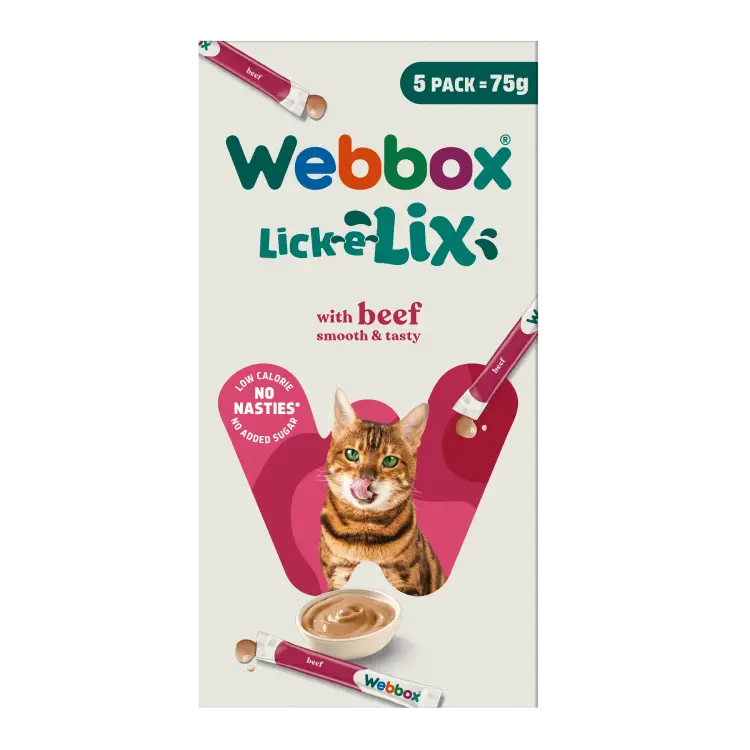

Webbox Lick-e-Lix with Beef Cat Treats 75g
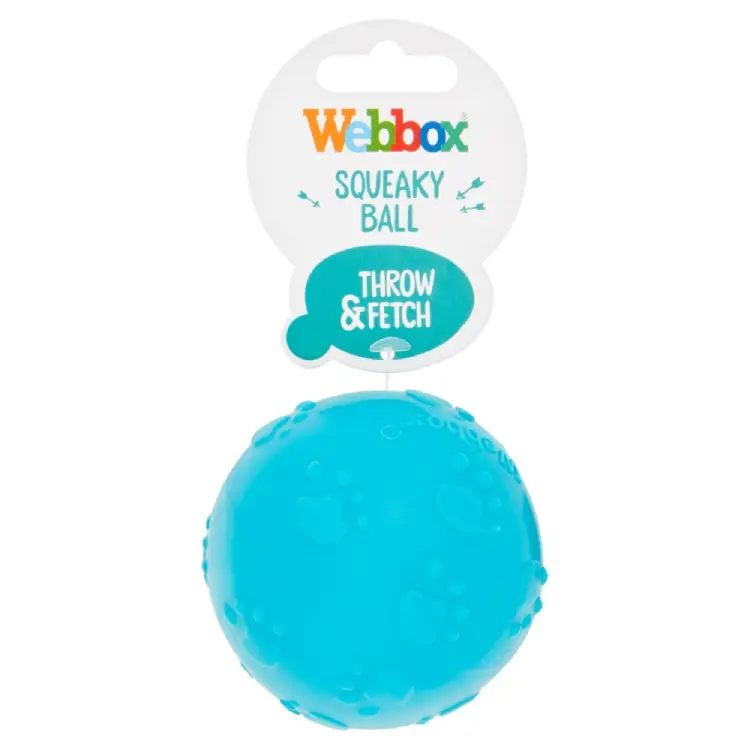

Webbox Squeaky Ball Dog Toy
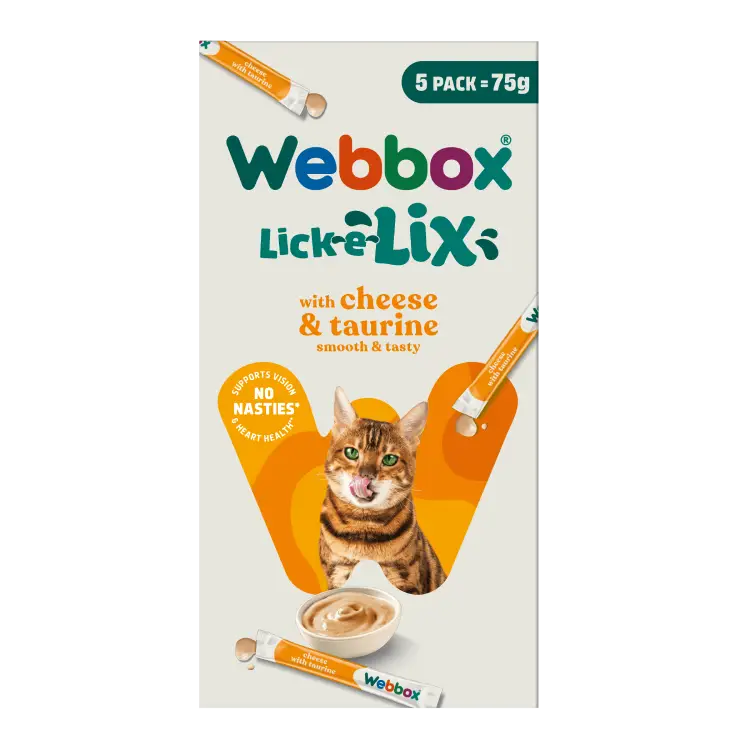


Webbox Lick-e-Lix Cheese & Taurine Cat Treats 75g
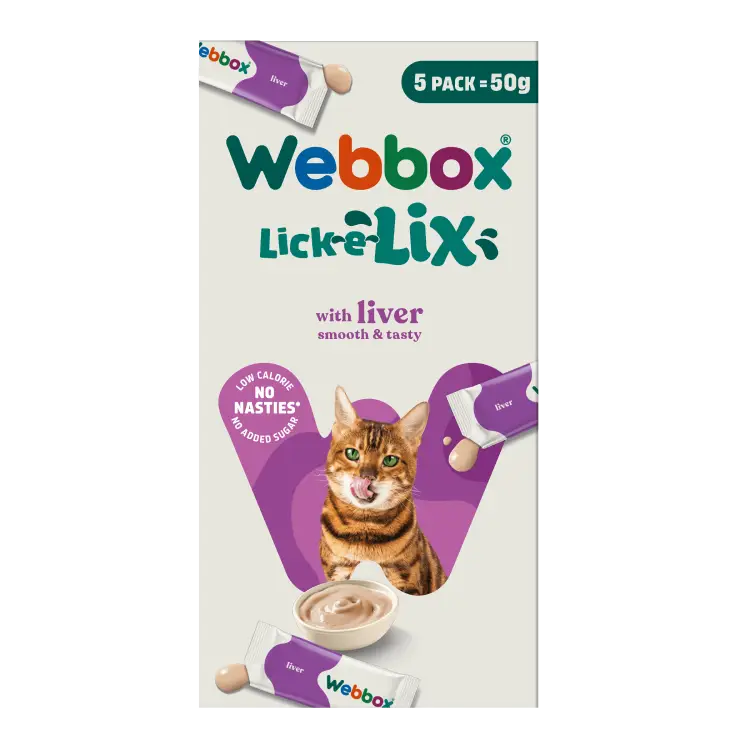

Webbox Lick-e-Lix Liver Cat Treats 50g
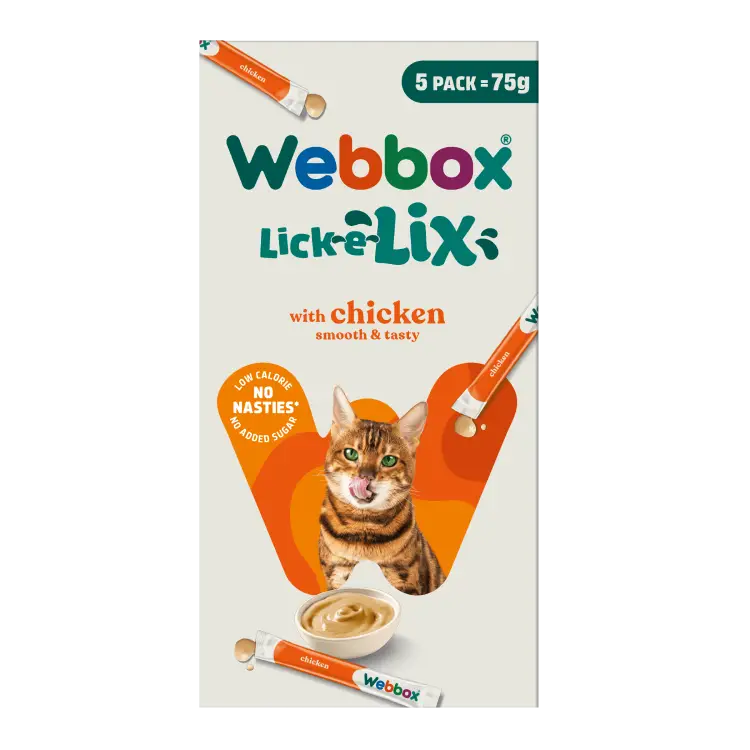

Webbox Lick-e-Lix Chicken Cat Treats 75g


